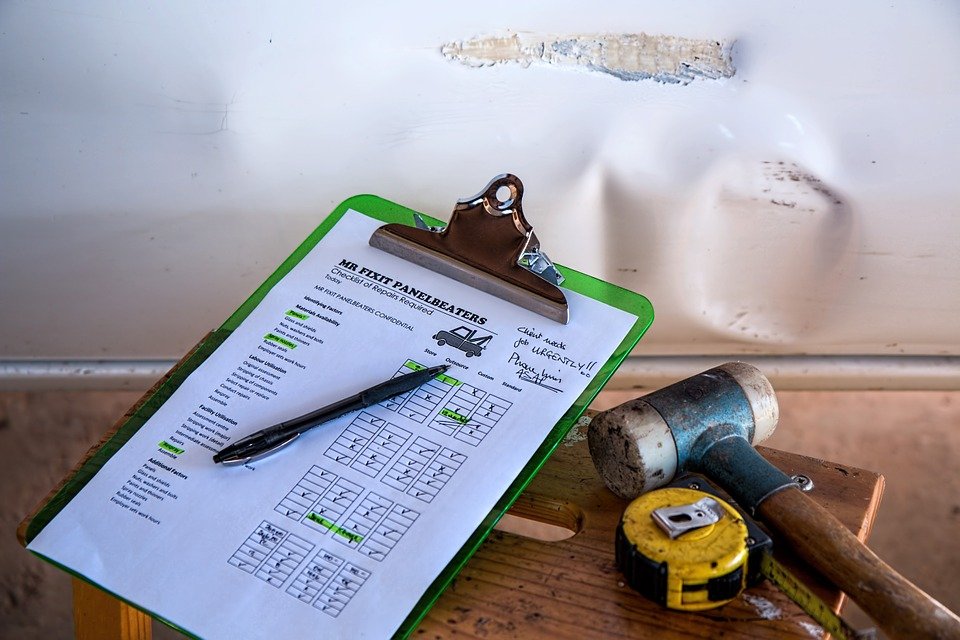When looking for your next used car, insurance will be one of the major considerations, as well as one of the major costs after purchasing the vehicle. Having an accident is a stressful experience, so give yourself peace of mind knowing you have done your research and chosen the best insurance provider and policy for you.
Types of Car Insurance:
There are four main levels of insurance cover, and it is important to understand these when taking out a policy so you know exactly what you’re covered for in the event that an accident or damage occurs.
- Compulsory Third Party Insurance: CTP insurance is compulsory and protects you if you have an accident that injures or kills another person. It doesn’t protect the other parties’ vehicle if it is damaged, nor does it protect you or your vehicle.
- Third Party Property: Third Party Property insurance is the next level of cover from CTP insurance and protects you if you’re involved in accident where the other parties’ vehicle is damaged. Third Party Property cover is optional and will incur an additional fee.
- Third Party Fire and Theft: On top of covering the other parties’ vehicle if it is damaged in an accident, Third Party Fire and Theft will also cover any damage to your car that is caused by a fire, or if it stolen.
- Comprehensive: Comprehensive car insurance is the highest level of cover that you can hold for your vehicle. On top of covering third party property, fire and theft, comprehensive car insurance will generally also cover you for damage that occurs to your vehicle due to an accident, accidental damage and often damage that occurs due to weather such as floods and storms. Because of the high level of cover, comprehensive car insurance will also be the most costly form of insurance.
Market Value vs Agreed Value:
Once you’ve chosen your level of cover, you need to decide upon what value you wish to insure your car for in the event that it gets written off. You can insure your car at market value, which means your car will be assessed when it’s written off and a price will be assigned to it based upon the market conditions at the time, age, make and model of the vehicle. If you’re interested in understanding what the market value of your car is, Prices People Pay is a useful tool to determine what market conditions suggest your car might be worth.
Alternatively, you can insure your car at an agreed value. Agreed value is a pre-determined value that you will decide upon with your insurer and will remain the same until your policy ends. If you renew your policy, the agreed value will be reassessed and adjusted. The higher the agreed value, the higher your premium or excess will be.
Other Factors to Consider When Looking for Car Insurance:
Aside from selecting the level of cover you want to take out, there are several other factors that you should consider when commencing a new insurance policy. Each policy is different and may use different terminology so it’s important that you read the product disclosure statement so you know what you are paying for and what you’re covered for.
Claims:
If you must submit a claim at any point, you want to be sure that your insurer is easy to deal with and the claim lodgement process is fast and efficient.
Many insurers enable you to submit your claim online or over the phone, whilst some will require you submit in person. Use online review sites and forums to explore other people’s experiences of how quickly their claims were attended to, and if the process was straightforward.
You might also want to consider the options your insurer provides immediately after an accident – will they tow your vehicle and if so will there be an out of pocket cost?
Repairs:
Following an accident if your car needs to be repaired, will your insurer allow you to choose the repairer who will fix your car? If not, are there designated repairers in your area? You can utilise online reviews to learn about other customers past experiences – consider the time the repairs take, how the insurer communicated with the customer throughout the process and the quality of the repair.
You should also investigate whether there is the option of being given a hire car while your car is undergoing repairs.
Excess:
Excess is the amount you will pay when you make a claim. Most policies will allow you to adjust the excess amount and pay a higher monthly or yearly premium. Some policies will allow $0 excess.
It is important to weigh up whether you would rather pay a larger amount in your insurance payments and therefore a smaller amount in excess should you make a claim, or a smaller upfront payment with a larger excess.
No Claims Bonus:
Many insurers will offer a ‘no claims bonus’, which means if you don’t make a claim over a period of time, your insurer will provide you with a bonus (usually a discount off the price of renewing your policy).
Is it important to compare the No Claim Bonus Policy of each insurance product you review, as each will have different conditions. For example, some companies may only pay your No Claim Bonus if you don’t make any claims at all, while others will still pay even if you claim for weather or theft.
When looking for your next used car, choosing the right insurer and policy should be front of mind. Considering each of these factors will help you make a more informed decision and give you peace of mind should you be involved in accident.


